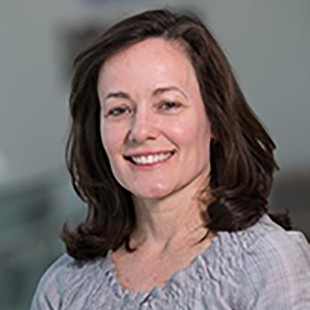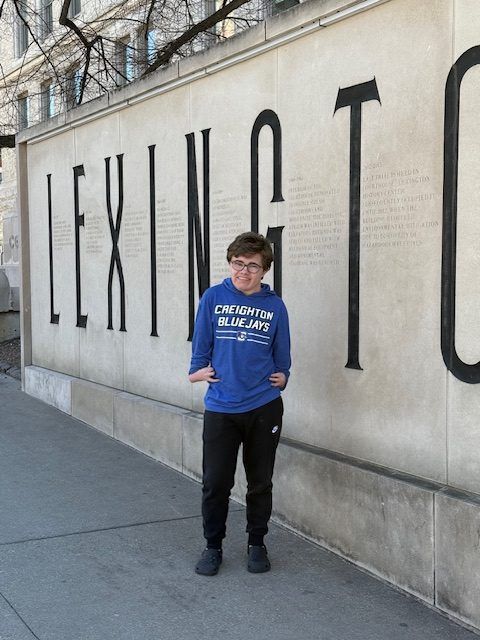Research is the answer to one day making FA a treatable, manageable disease. Here, you'll discover the most recent strides in FA research and activities funded by FCF. Every quarter, we'll bring you updates on newly funded grants, ongoing projects, and significant milestones.
Directory

Sharon Cantor
Associate Professor | PhD
My laboratory focuses on understanding how tumor suppressor proteins function to maintain genomic integrity and suppress cancer. In particular, we focus on the hereditary breast and ovarian cancer genes, BRCA1, BRCA2 and the BRCA1-associated helicase, FANCJ (BACH1/ BRIP1). Bi-allelic loss of these genes also causes Fanconi anemia (FA), a rare chromosomal instability and cancer syndrome. Our work on FANCJ revealed that DNA repair defects underlie both hereditary breast cancer and FA. Currently, we are employing biochemical and whole-genome screening technologies, to uncover mechanisms regulating DNA repair choice and how cancer cells evade toxic chemotherapies.
FA Research Projects
| Year | Project |
|---|---|
| 2020 | A small molecule approach to overcome replication dysfunction in FA |
The Latest
News & Events


If you asked me for a defining memory of our journey, it might surprise you. Some of my most cherished moments were the long hospital stays — the time I got to spend one-on-one with Hunsley, free from the distractions of the world.

At just 18 years old, Cale Ferrin has already built a career as an actor, advocate, and creator. With appearances across TV, film, music videos, and ad campaigns, Cale’s passion for storytelling shines through each project he approaches. His work...

